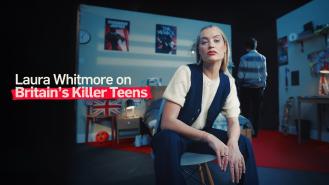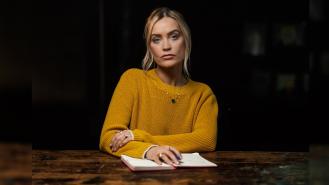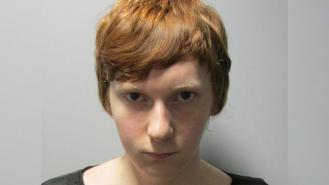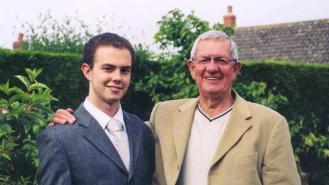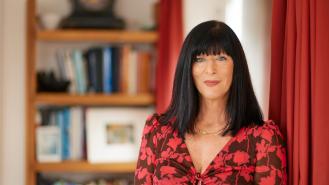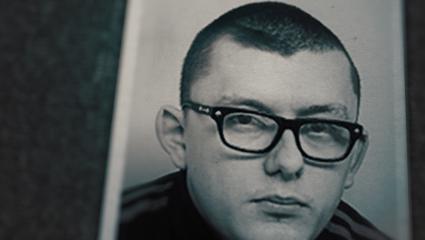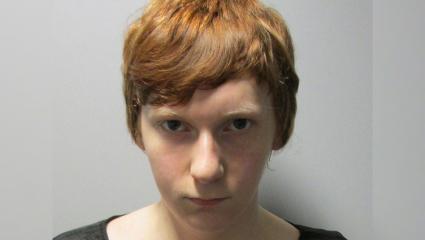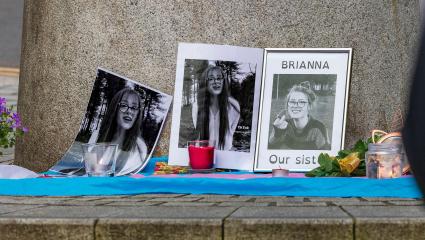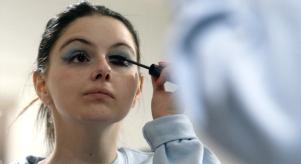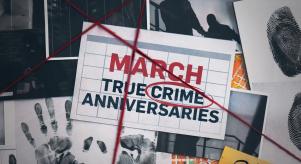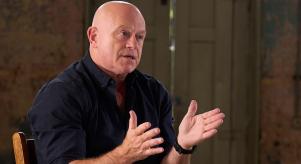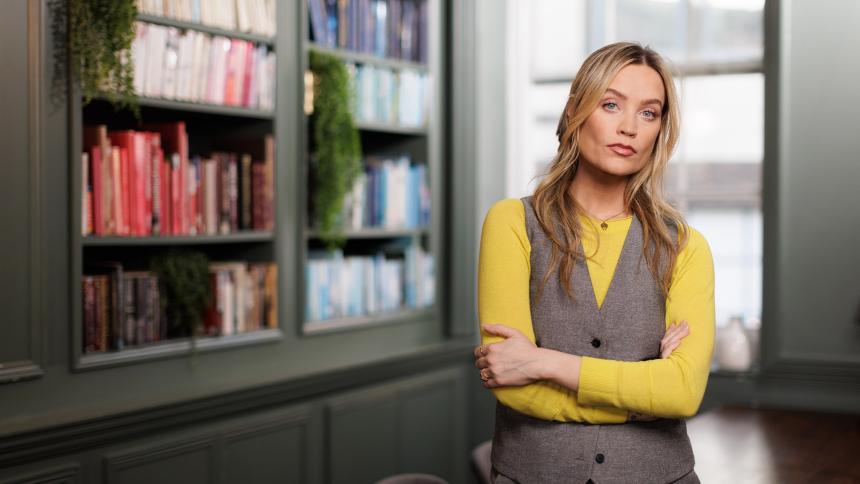
Laura Whitmore: 'These crimes are happening on our doorstep'
Laura Whitmore on Britain's Killer TeensOver the last few years, the number of teenagers convicted of murder in the UK has risen sharply. These are crimes that feel almost inconceivable – yet they’re happening closer to home than many people realise.
In a powerful new five-part series, Britain’s Killer Teens, broadcaster and documentary-maker Laura Whitmore explores some of the most shocking cases in recent history. Throughout the exclusive Crime+Investigation series, she speaks to families, detectives, psychologists and those closest to the victims to answer one urgent question: why are young people killing?
'It’s not something happening far away,' Whitmore explains. 'These crimes are on our doorstep. When I was approached to do this, I felt we had the space and resources to tackle such a sensitive subject.'
Stories that defy stereotype
The series covers five harrowing cases, each revealing a different side of teenage violence. Among them are 16-year-old Logan MacPhail’s coercive control and murder of his ex-girlfriend Holly Newton; 18-year-old Brian Blackwell’s shocking killing of his parents before jetting off on holiday; and 15-year-old Jordan Jobson’s frenzied, random attack on Samantha Madgin.
'We wanted a diverse range of cases because when you look for someone capable of violence, they don’t look a certain way,' Whitmore says. 'Statistically, it is very male-heavy, but it was also essential to include a female case.'
If there is one common thread, it is the lack of predictability. 'There’s no one type of teenage killer,' Whitmore explains. 'Some, like Logan, struggled with rejection and emotions they didn’t know how to deal with. Others, like Brian Blackwell, had every privilege and still killed.'
Among all the cases, Reece Ludlow’s murder of Louisa Brannan left the strongest emotional impact on Laura.
'It could have been anyone,' she says. 'He just met Louisa in that bar, had gone through a breakup with a girl, he couldn't cope with it, and he brought Louisa home. That could have been any woman that night in that pub who'd gone home with him, and that kind of stays with you because that could have been a friend.'
Putting victims at the centre
For Laura, ensuring the victims and their families were at the heart of the series was essential.
'The most important person in all of this is the victim,'
This sensitivity extended to the way interviews were conducted. 'When I spoke to Holly’s mum, we took hours,' Whitmore recalls. 'If she needed a break, she could. That made such a difference – I could give them time, support, and a platform.'
A heavy responsibility
Delving into such dark territory wasn’t easy. Whitmore admits the emotional weight of the subject matter took its toll.
'Sometimes when you’re constantly looking at the worst corners of society, it’s extremely hard to be hopeful,' she says. 'I have a small daughter, so when I’m speaking to a mum whose child has been murdered, of course, I put myself in her shoes. That was tough.'
To support her through the process, she even sought professional help. 'I spoke to a psychologist myself,' she adds. 'I think if you have a platform and can speak about these issues, we must, because it’s still happening.'
Yet despite the heavy subject, Laura’s lasting takeaway from the series was one of hope.
'What I've learned is there's good out there. There are good people. A lot of victims afterwards have set up charities, and there’s a legacy and there's a purpose. I'm hopeful that the world will get better or at least try to be. But I'd rather educate myself on it than ignore it.'
More than true crime
While Britain’s Killer Teens will undoubtedly appeal to true crime fans, Whitmore is clear the series is not about sensationalism.
'Fans of true crime will get a lot from this because we don’t just recount the cases, we really dig into the psychology, the families, the detectives and the aftermath,' she says. 'You’ll hear directly from those involved – mums, sisters, investigating officers, psychologists. And hopefully it raises bigger questions too. It’s about asking why, and whether anything can be done to prevent more tragedies.'
Her hope is that the series will not only inform, but also act as a warning. 'If one young person watching spots the warning signs or thinks twice about their behaviour, then we’ve done something worthwhile,' she concludes.
Britain’s Killer Teens with Laura Whitmore starts Monday, 8th September only on Crime+Investigation.
Love true crime? Stay in the know with the Crime+Investigation newsletter! Get exclusive access to new articles, episodes, clips, competitions and more – delivered weekly and completely free. Don’t miss out – sign up today!
